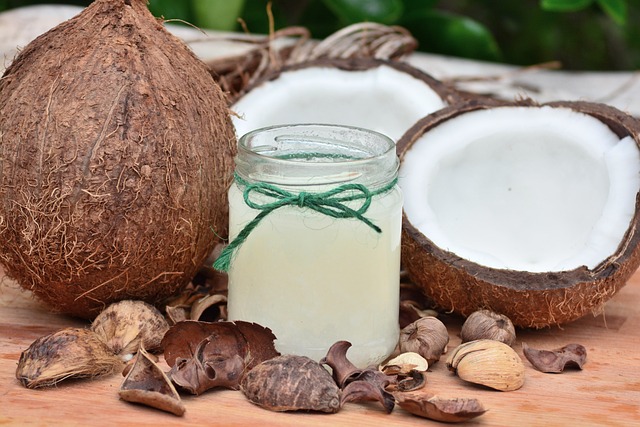Probiotics 101: Everything You Need to Know
Welcome to the ultimate guide on probiotics! Whether you’ve heard about probiotics before or are completely new to the concept, this article will provide you with everything you need to know about these beneficial microorganisms.
What Are Probiotics?
Probiotics are live bacteria and yeasts that are good for your health, especially your digestive system. They are often referred to as “friendly” or “good” bacteria because they help maintain a healthy balance in your gut. Although the word “bacteria” might sound negative, not all bacteria are harmful. In fact, your body hosts trillions of bacteria, and many of them are beneficial.
How Do They Work?
Inside your digestive system, there is a complex ecosystem of microorganisms known as the gut microbiota. This microbiota plays a vital role in various bodily functions, including digestion, immune system support, and nutrient absorption. Probiotics work by replenishing and supporting this gut microbiota, keeping it in balance and promoting good health.
Health Benefits of Probiotics
Probiotics offer numerous health benefits, including:
- Improved Digestion: Probiotics help break down food and absorb nutrients, promoting healthy digestion.
- Boosted Immune System: They support the immune system by preventing the growth of harmful bacteria in the gut.
- Reduced Risk of Infections: Certain strains of probiotics have been shown to reduce the risk of urinary tract infections, respiratory infections, and certain diarrheal illnesses.
- Enhanced Mental Health: There is growing evidence that a healthy gut microbiota, supported by probiotics, can positively impact mental health and reduce the risk of conditions such as depression and anxiety.
- Lowered Cholesterol: Some probiotics have been found to lower LDL cholesterol levels, contributing to heart health.
- Prevention of Antibiotic-Associated Diarrhea: Probiotics can help prevent antibiotic-associated diarrhea by restoring the natural balance of bacteria in the gut.
Sources of Probiotics
Probiotics occur naturally in certain foods and are also available as dietary supplements. Some common natural sources of probiotics include:
- Yogurt: Look for yogurts labeled with “live and active cultures.”
- Kefir: A fermented milk drink packed with probiotics.
- Sauerkraut: Fermented cabbage that contains various strains of probiotics.
- Kombucha: A fizzy fermented tea rich in probiotics.
- Kimchi: A Korean dish made from fermented vegetables.
It’s important to note that not all products labeled as probiotics contain the same strains or amounts of beneficial bacteria. Choosing high-quality sources is crucial to ensure you are getting a sufficient amount of the desired probiotic strains.
Are There Any Side Effects?
For the majority of people, consuming probiotics is safe and well-tolerated. However, some individuals may experience mild side effects such as bloating, gas, or an upset stomach. These side effects are usually temporary and subside as your body adjusts to the introduction of probiotics.
Consult a Healthcare Professional
If you are considering adding probiotics to your diet or taking them as supplements, it is always a good idea to consult with a healthcare professional. They can provide personalized advice based on your individual health needs and guide you on the most suitable probiotic strains and dosage.
Conclusion
Probiotics play a significant role in maintaining a healthy gut and overall well-being. From digestive health to immune system support, their benefits are vast and scientifically supported. By incorporating probiotic-rich foods or supplements into your lifestyle, you can give your gut microbiota the support it needs to thrive







